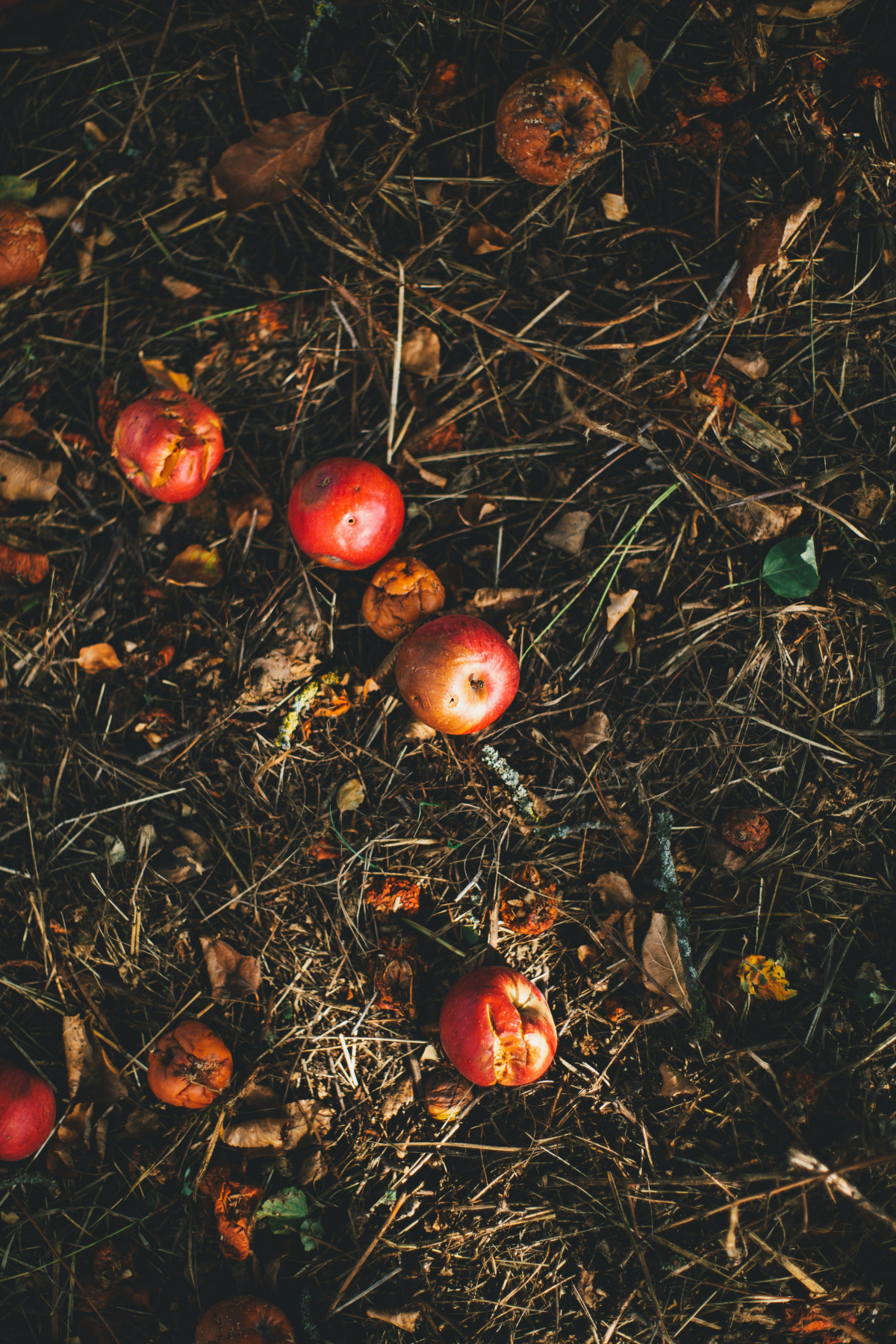Maggots In Compost? Here Are 7 Simple Solutions
For those who embrace the art of gardening, managing a compost bin is often a rewarding yet sometimes unpredictable venture. Among the various surprises nature can throw your way, a swarm of wriggling maggots in your compost bin can be quite startling. Composting is an invaluable practice for sustainable gardening and effective waste management. However, it does have its challenges. Maggots in compost are quite the common issue. These uninvited guests can raise concerns about the health and efficacy of your composting efforts. Addressing this problem requires understanding the role of maggots in the composting process. Not only that, but […]

For those who embrace the art of gardening, managing a compost bin is often a rewarding yet sometimes unpredictable venture. Among the various surprises nature can throw your way, a swarm of wriggling maggots in your compost bin can be quite startling. Composting is an invaluable practice for sustainable gardening and effective waste management. However, it does have its challenges. Maggots in compost are quite the common issue. These uninvited guests can raise concerns about the health and efficacy of your composting efforts. Addressing this problem requires understanding the role of maggots in the composting process. Not only that, but also identifying the right strategies to manage their presence. This way, you can ensure your compost remains a thriving ecosystem for your garden’s growth.
Maggots in compost are quite the common issue
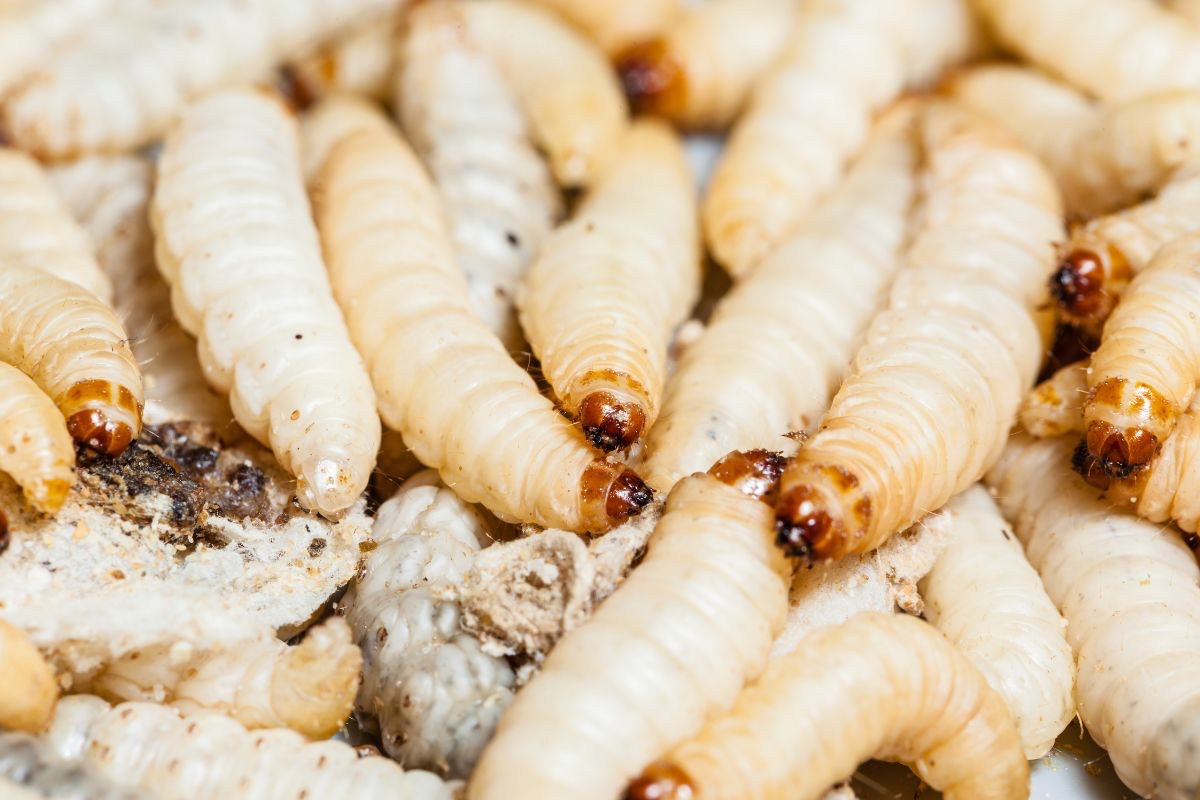
Is It OK To Have Maggots In Compost?
Maggots are typically the larvae of common houseflies or fruit flies. They are often a natural part of the composting process. Drawn to decomposing organic matter, they play a role in breaking down and recycling nutrients back into the soil. In this sense, maggots can aid in accelerating the decomposition process. They contribute to the production of rich, fertile compost. However, for many gardeners, the sight of these creatures writhing in their compost can be off-putting. Maggots themselves are not harmful to the compost. But their excessive presence often signals an imbalance in the compost bin’s environment. It could indicate issues such as excessive moisture, lack of aeration, or an overabundance of kitchen scraps, particularly meats and fatty foods, which are not ideal for a healthy compost mix.
Maggots can indicate an imbalance in the compost bin’s environment
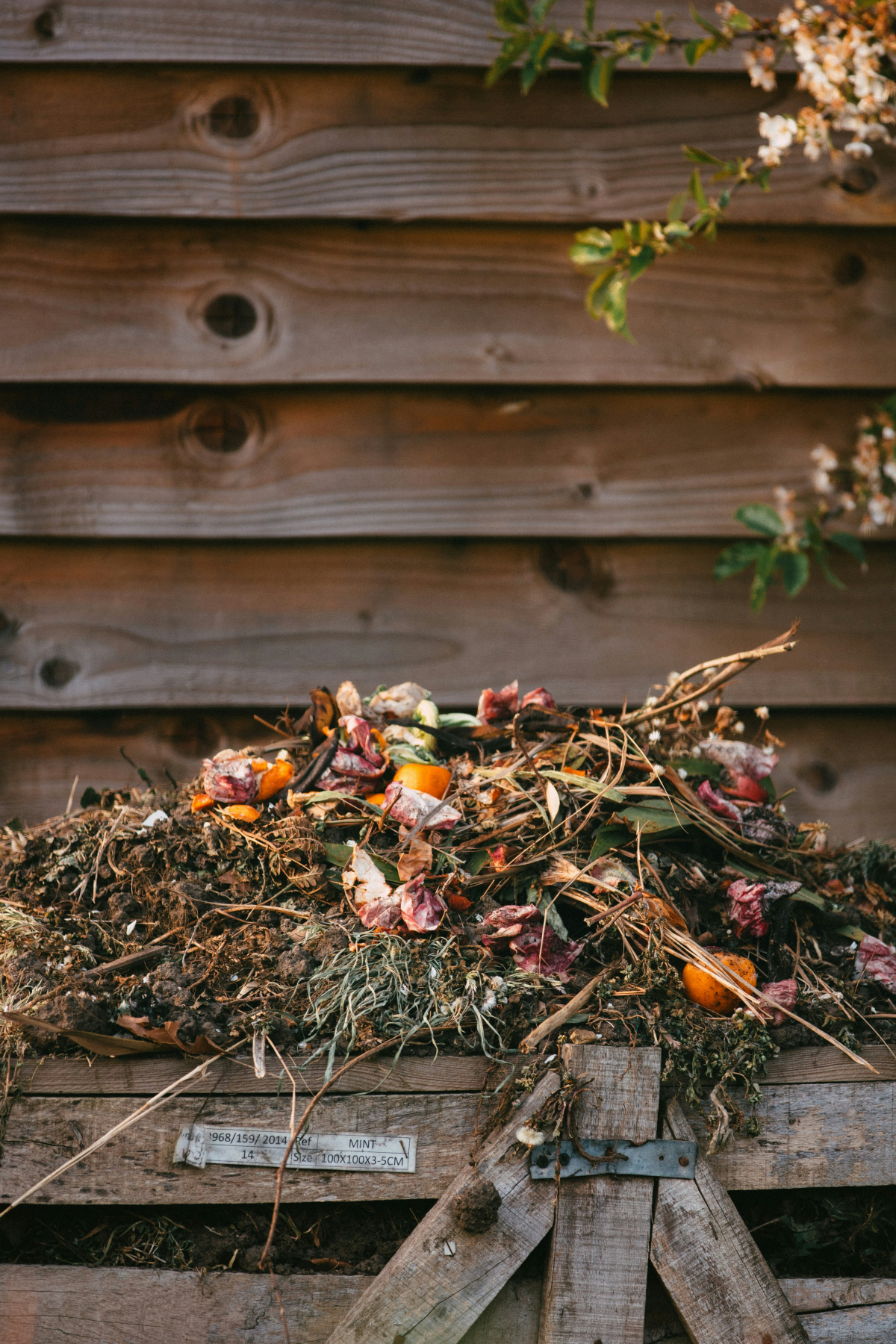
What Causes Maggots in Compost Bins?
The emergence of maggots in compost bins is primarily attributed to the presence of decomposing kitchen scraps. These scraps emit odors that attract egg-laying flies. Flies are particularly drawn to meat, dairy, and oily food residues, which are not typically recommended for composting. Another contributing factor is the condition of the compost pile itself. An overly moist and inadequately aerated compost creates an ideal breeding ground for these larvae. This situation is exacerbated in closed bins where airflow is limited. To prevent and manage maggot infestations, it’s crucial to understand these underlying causes. Effective management involves not only adjusting what you put into your compost, but also how you maintain it. This will ensure a balanced and healthy environment.
Kitchen scraps emit odors that attract egg-laying flies
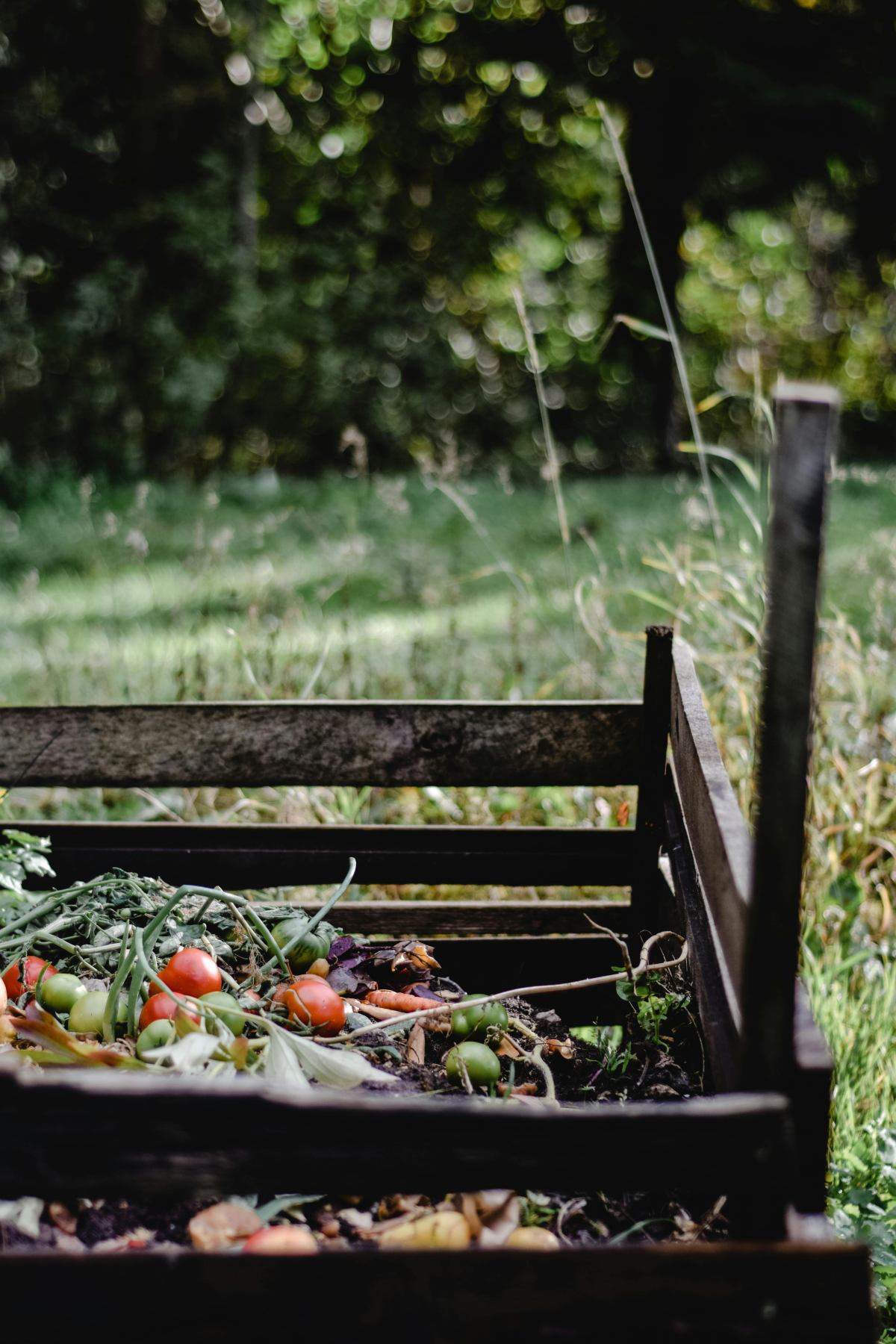
How To Get Rid of Maggots in Compost
Effectively managing a maggot population is key to maintaining a balanced and healthy compost bin. Addressing this issue requires a combination of preventive and active measures, each designed to create an environment less conducive to maggot development. Today, we will share with you some of the most effective strategies to keeping maggots far away from your compost.
Effectively managing a maggot population is key to maintaining a balanced and healthy compost bin
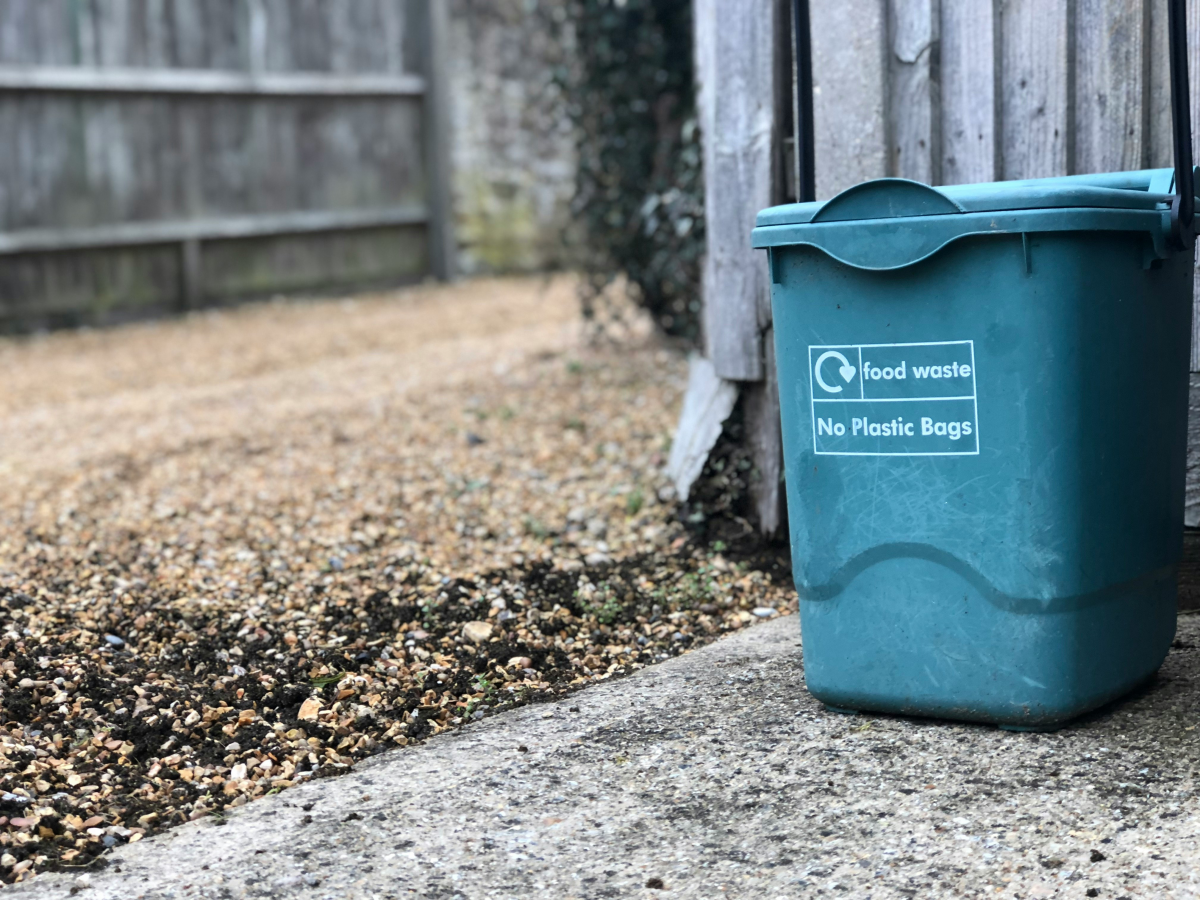
Adjust compost composition
To effectively manage maggots in your compost, it’s essential to balance the composition. Increase the presence of “brown” materials, such as dry leaves or straw. These materials serve a dual purpose by absorbing excess moisture and reducing the odors that attract flies. By creating an environment less conducive to flies, you discourage maggot infestations and maintain a healthier compost pile.
Increase the presence of “brown” materials
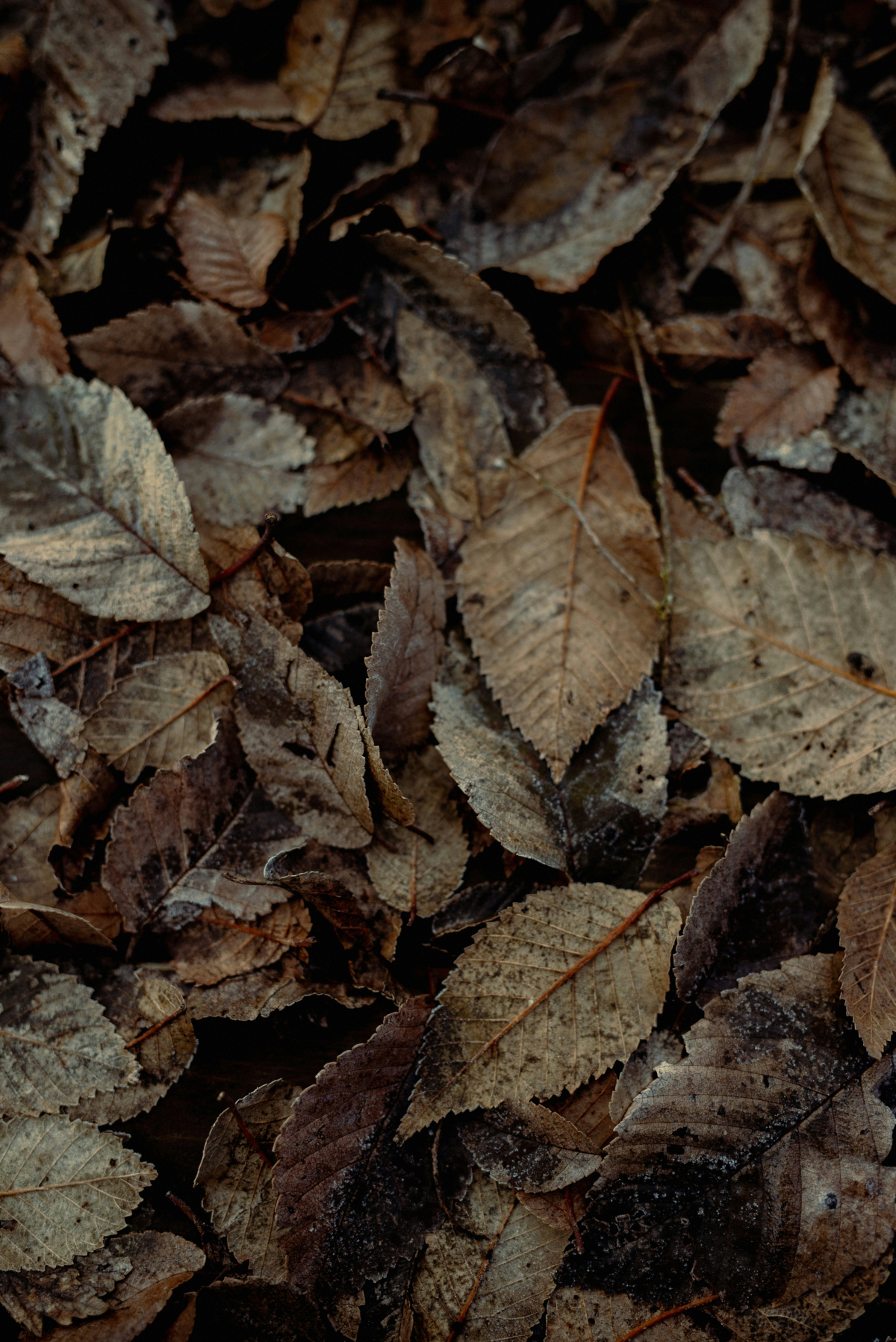
Regular aeration
Frequent turning of your compost pile is a critical practice. It serves two essential purposes: aeration and disruption of the maggot-friendly environment. Proper aeration introduces oxygen, which deters flies from laying eggs. Simultaneously, the act of turning disrupts the conditions in which maggots thrive, further reducing their presence.
Proper aeration introduces oxygen
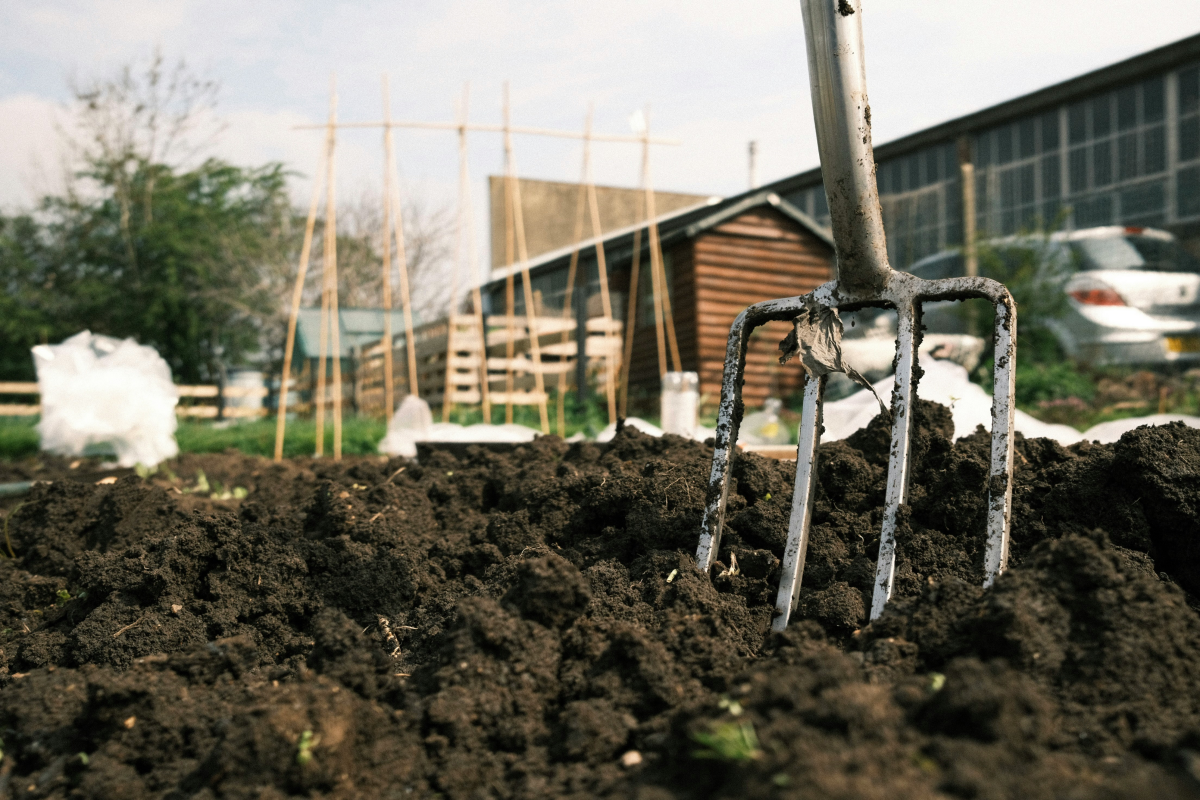
Maintain appropriate moisture levels
Optimal moisture levels are key to maggot prevention. Your compost should be moist but not overly wet. Excessively damp compost becomes an attractive breeding ground for flies, leading to maggot infestations. Monitoring and adjusting moisture levels as needed are vital steps in keeping maggots at bay.
Optimal moisture levels are key to maggot prevention
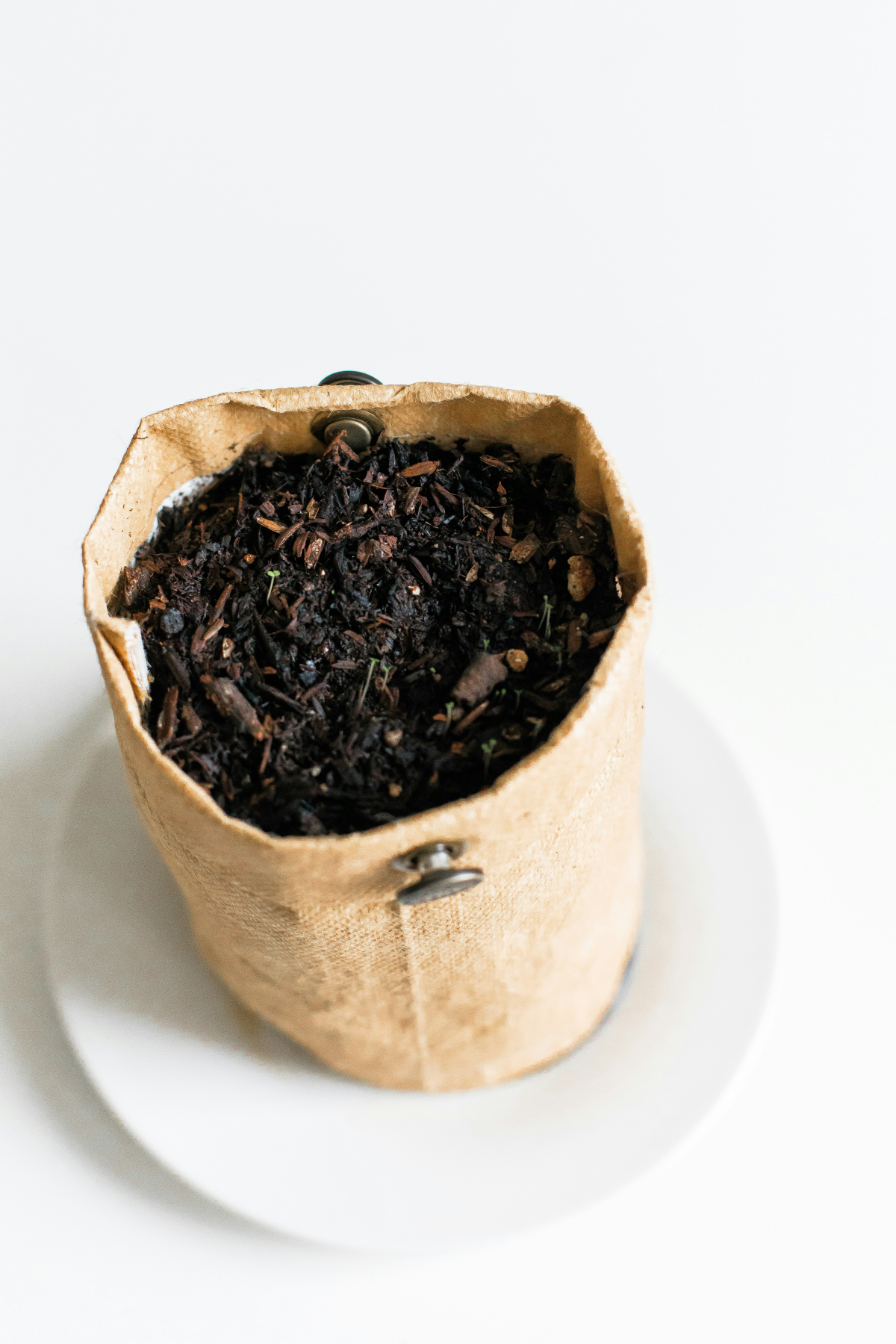
Use natural predators
Consider introducing natural predators like chickens or birds to your garden. These creatures can play a significant role in controlling the maggot population by feeding on them. Their presence contributes to maintaining a balanced composting ecosystem and reducing the risk of maggot infestations.
Consider introducing natural predators like chickens or birds to your garden
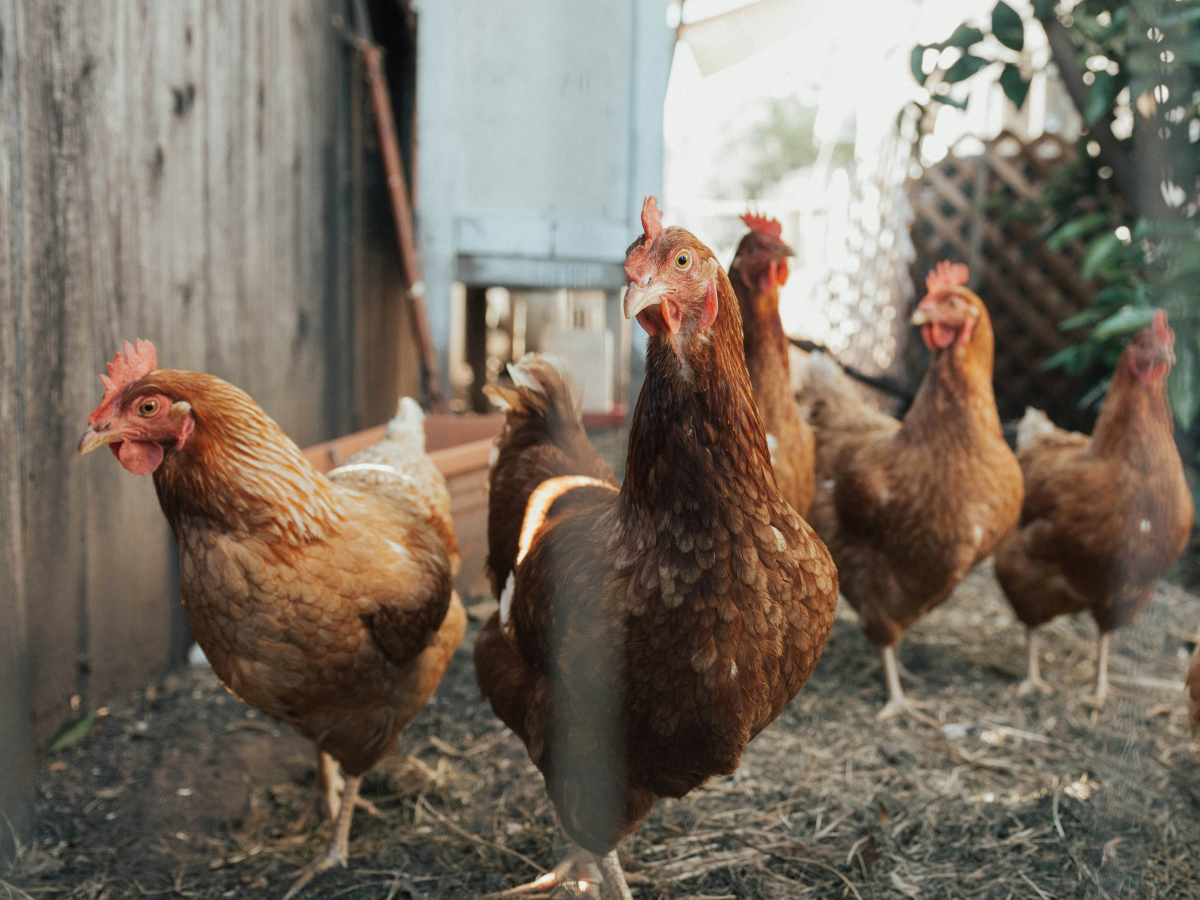
Create physical barriers
One effective method to prevent maggot infestation in your compost pile is to create physical barriers. Covering your compost with a tightly fitted lid or a layer of soil or sawdust serves as a protective shield. These barriers block access to flies, preventing them from laying eggs in the compost. By denying flies entry, you significantly reduce the likelihood of maggot infestations, ensuring that your compost remains a healthy and odor-free environment.
These barriers block access to flies
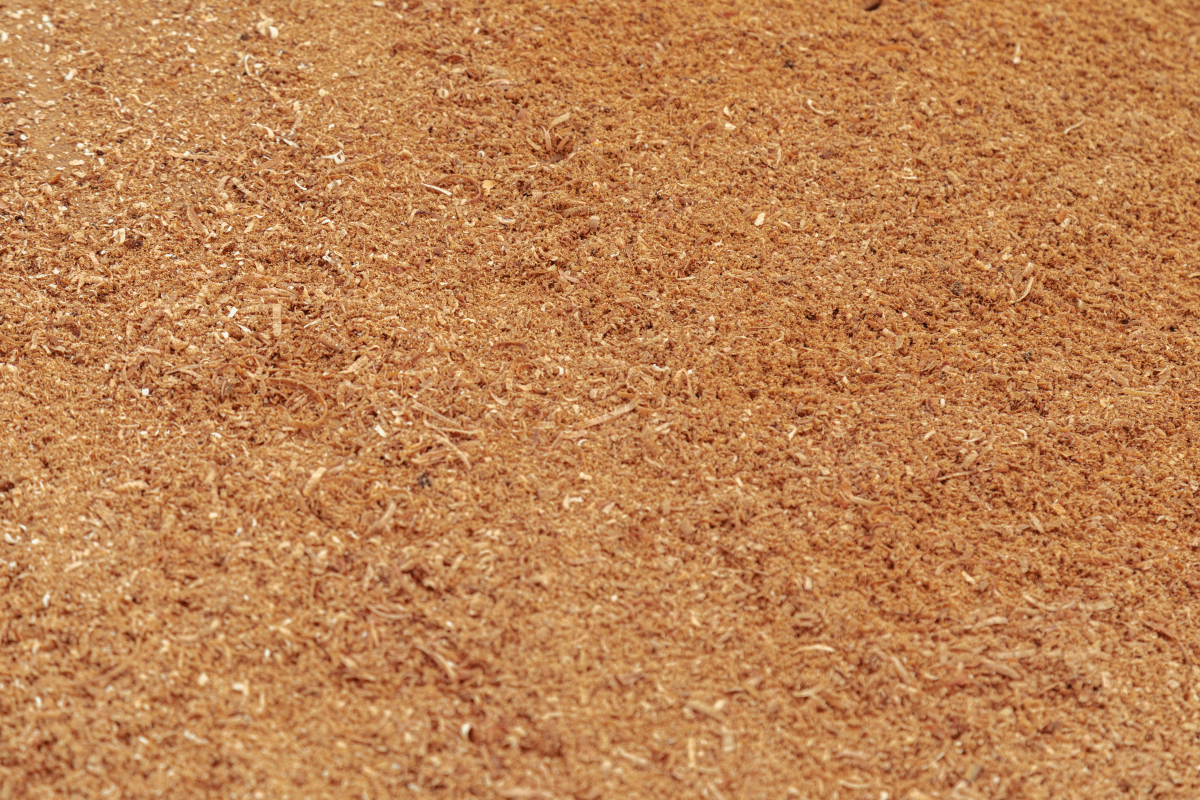
Manage temperature
Maintaining the right temperature in your compost pile can also deter maggot infestations. A well-maintained compost pile generates heat as part of the decomposition process. This elevated temperature creates an environment less suitable for maggots, discouraging their presence. By managing the temperature effectively, you create conditions that are unfavorable for maggot development, ensuring the continued success of your composting efforts.
A well-maintained compost pile generates heat as part of the decomposition process
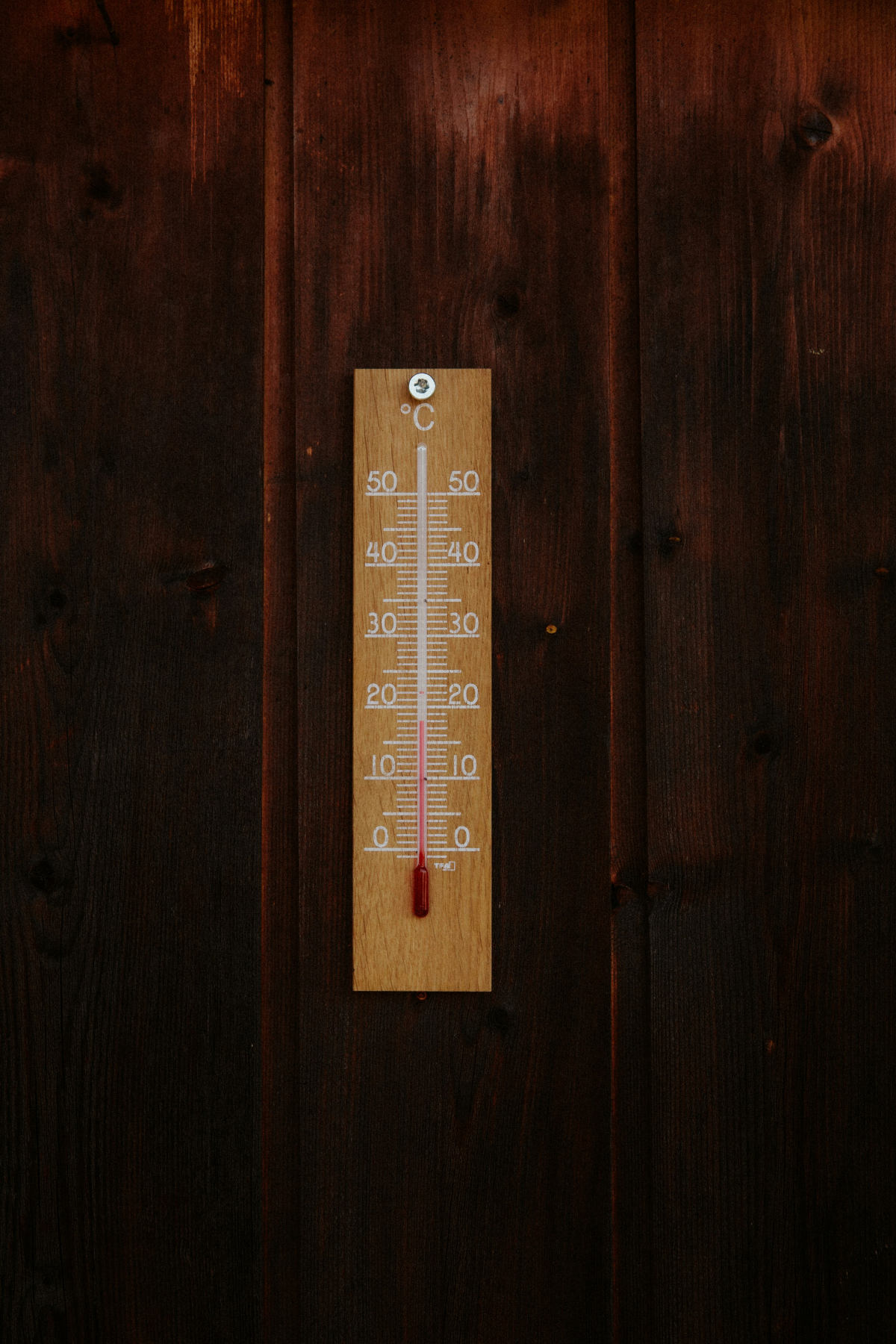
Use diatomaceous earth and lime
These two natural substances can serve as valuable allies in managing maggot populations in your compost. Sprinkle either of these substances over your compost pile to deter insects, including flies that lay maggot eggs. These natural insect deterrents create an environment that is inhospitable to flies, reducing the risk of maggot infestations. By incorporating diatomaceous earth or garden lime into your composting routine, you can maintain a more pest-free and productive compost pile.
Diatomaceous earth and garden lime serve as valuable allies in managing maggot populations
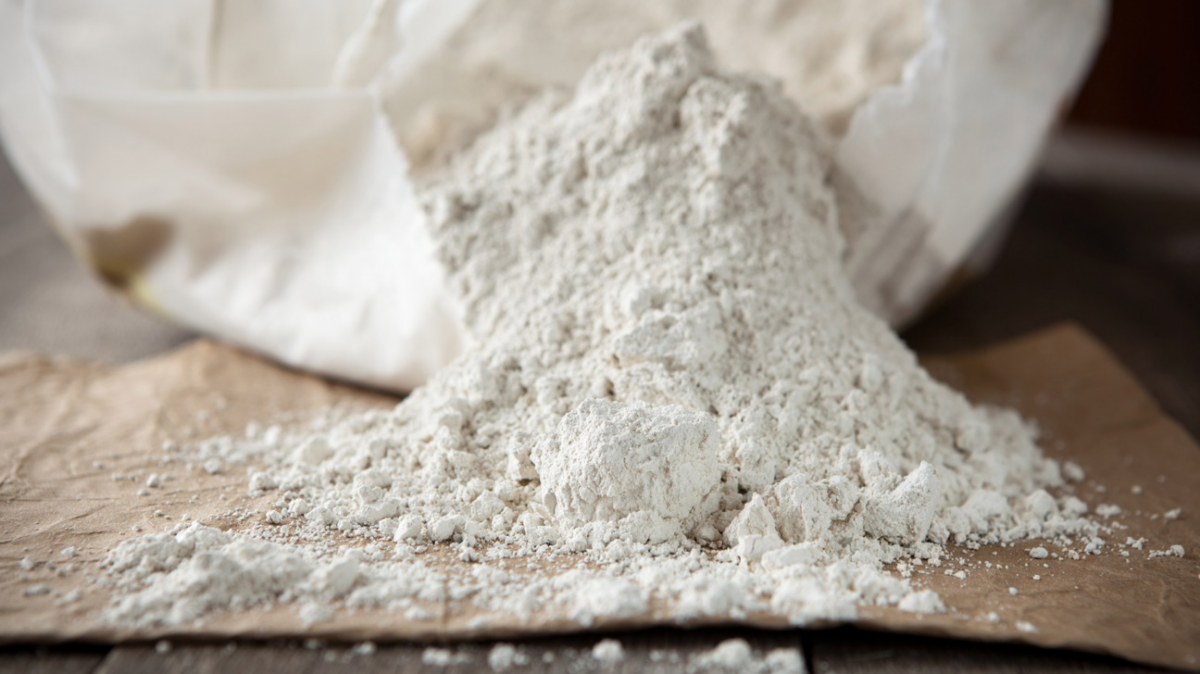
While finding maggots in your compost bin is not uncommon, it’s essential to manage their population to maintain a healthy composting environment. Implementing these simple solutions can effectively control and prevent maggot infestations. By doing so, you contribute to a sustainable gardening practice. You also turn kitchen waste into nutrient-rich soil. All of this while keeping your compost maggot-free. Remember, successful composting is a balance of nature and nurture. So, addressing challenges like maggots is all part of the journey to a flourishing garden.
Finding maggots in compost bins is not uncommon
